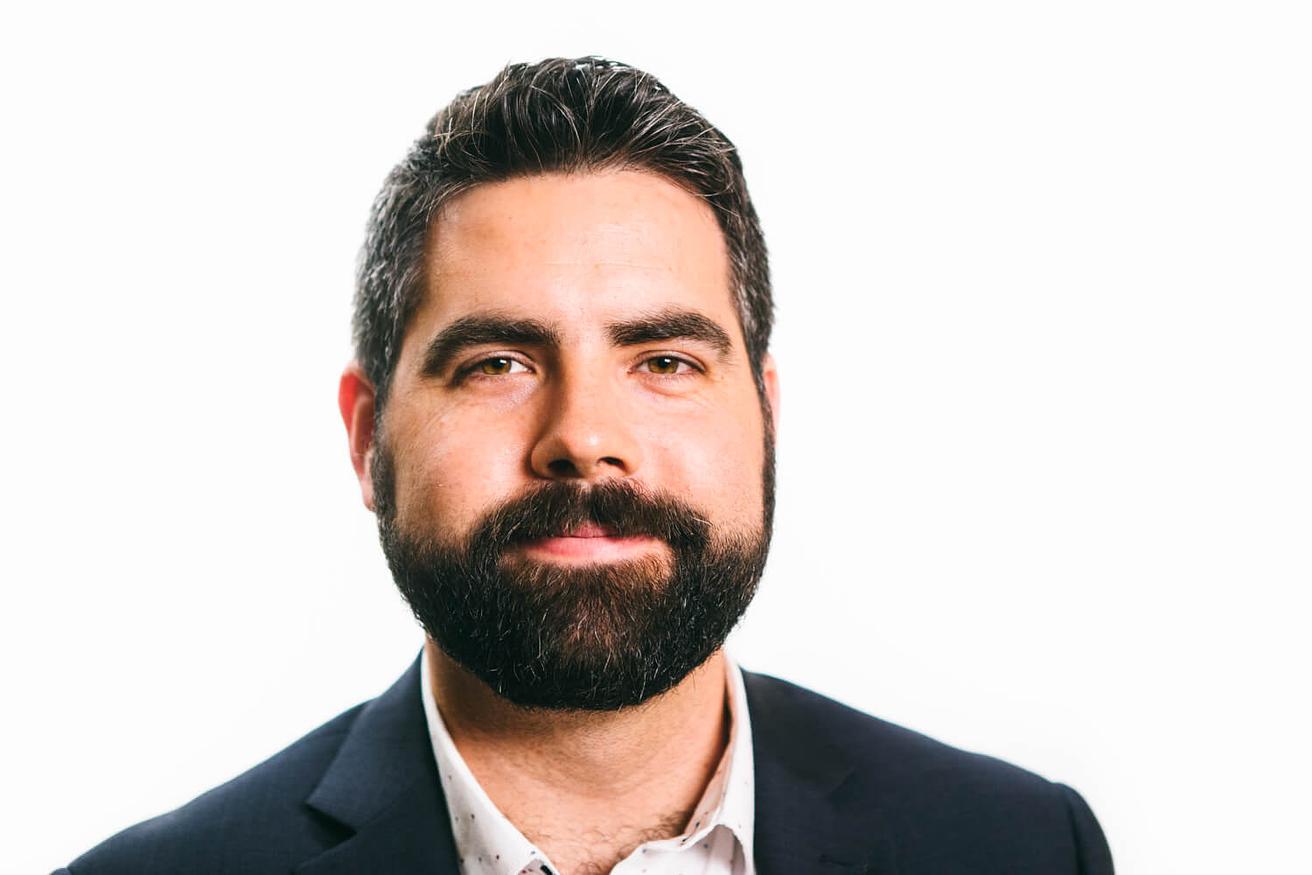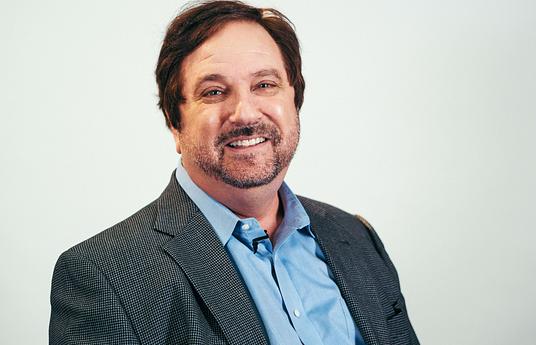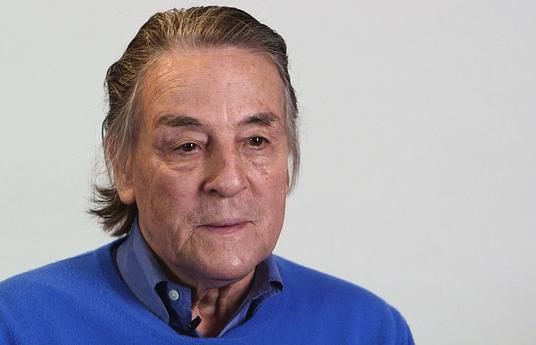Matt Esterman
Matt Esterman is a high school teacher and a New Learning Coordinator at St. Scholastica's College in Sydney, Australia as well as the co-founder of the ELLA-Educator's Lifelong Learning App - a tool to better professional learning for teachers.
Skills
Are schools teaching the skills students need?
I think one of the first skills is how to have and maintain healthy relationships with teachers, parents and friends both online and offline, because there are differences there.
Essentially, if you can be kind, positive and treat people as you would have them treat you. That’s a fundamental human thing about establishing positive relationships, and if you can do that, then everything else follows from it. Dan Haesler did a great talk at BETT Show 2016 about all those issues of disconnection and disenfranchisement, both politically and economically, across the world.
We are talking about a global project that can be curbed to some degree by having positive relationships and feeling that you belong to something, so that’s an active skill students probably don’t realize they need to work at. You have to work at friendships, you have to work at intimate relationships, you have to work at relationships with teachers.
Literacy and numeracy are basic skills of course but not as the end result of twelve years, we don’t want kids to just have basic literacy and numeracy skills.
Empathy is a skill that can be learned and can be taught. Leadership is another to some degree. Of course collaboration and creativity and all the C’s, but I think it’s misleading to put ‘21st century’ in front of things and say: ‘this is stuff that we’ve just discovered.’ These are innate human traits that we have been hoping kids grow up with for millennia. And we will continue to, no matter what technology looks like, no matter how much machines are doing jobs for us so that we can sit back as a society and be purely creative. That’s the ideal world we are looking for - frolicking in the fields while the machines do all the work. Of course there’s the Terminator-experience as well, but hopefully we can find some sort of middle road.
I think the ability to adapt is a skill that possibly we don’t teach in schools enough. We expect kids to do it but we don’t necessarily teach it or spend time engaging with it.
Teachers
What is the role of the teacher?
I’m really interested in the idea of cognitive apprenticeships or learning apprenticeships. I say to my students quite openly: ‘I’m just further down the learning track than you are.’
That’s what I think the role of the teacher should be - someone who is further down the track of learning and that has some wisdom and some life experience to be able to help their kids find their own learning journey.
I’ve taught classes where I’ve had students who know way more about the topic we’re doing because they go off and study it, they’re passionate about that particular Russian case study, or whatever it is we’re studying.
Collectively our students can do so much more than the individual teacher can. Quite often in fact you’re relying on the collective to actually bring about true change, or execute an idea, or sustain something beyond just your own lifetime of experiences.
There’s a word ‘holonomy’ which I’ve been really interested in as well - that tension between the individual and the collective goals and experiences. Both are necessary. We are individual beings but we are also social beings and we’ve got to name that and acknowledge it.
What teachers have to do is teach kids that yes, you are a precious, wonderful, beautiful individual but you’re also part of a group and they are also wonderful individuals. To really succeed and address all the problems that will come up, and they will, we have to work together on this stuff.
Assessment
How do you see the future of testing in schools?
The testing regimes suit the system because they affirm what the system is aiming to do. Great, innovative systems will take whatever data they’ve got and have conversations with practitioners and students about what that data means. It has to be timely, you have to get that data quickly to the right people - the decision makers and also the people that they’re basing the decision on, because data is an evidence but it turns into evidence depending how you use it. I think that’s the danger of obsessing over test scores. I wouldn’t obsess over the quality of one cup of coffee that I’d had at a conference and judge the whole conference on it. It’s a snapshot, it’s one datapoint that I can make some decisions about.
What if we did the more complex and difficult thing of flipping around the focus of that testing and saying: ‘well, how do you want to be tested?’ That’s what I hope technology will allow us to do instead of having automated marking of multiple choice tests. For example you could have machine learning that actually assesses, measures and gives feedback on a huge mass of different projects, then you put it through a human filter as well.
We all know that some kids are always going to fail the standardized tests in our mission to be the best. I want every nation to be the best. A great principal in Sydney says: ‘what do I win when we get to the top of PISA? Do I get another sheep for my school farm?’
There’s no genuine reward. But if there was, the reward could be collective - like we drag those 3000 primary schools in Laos out of not having electricity. That would be an awesome reward for the world. I’d like to think that kids these days are interested in that kind of project.
You can’t say: ‘you haven’t progressed in your learning, because you can’t demonstrate x, y, z,’ because actually of course they are progressing in their learning, it’s just that sometimes life is teaching them more lessons than school is, and we’ve got to embrace that.
Environments
What should change in physical environments in schools?
It’s different for different kids. I’ve been lucky enough to be involved in some projects with Stephen Heppell and others designing some learning spaces in Australia, and that sort of thing. You can do all the research in the world and in the end a kid could walk into the most exciting learning space and be like: ‘whatever, I’d rather be at home playing Xbox.’
That’s the point really - you can only go so far to cultivate the environment in which learning can happen. At some point you have to challenge the kids to take ownership of their learning and ownership of the space. And the more flexibility, the more ownership that students have over the design of the space for the task they are doing right now, or the task they’re about to do tomorrow, the better.
I think a wonderful learning experience would be one in which every week you work on a different project and redesign the space to suit each one.
At the moment we’re pouring teaching and learning into spaces that exist. Automatically, you have kids that disengage because it’s boring to them or they don’t feel comfortable emotionally or physically, and of course learning can’t thrive in that kind of environment.
Can you please everyone all the time? No, of course not, because we’re all individuals with our own motivations and interests, but you can at least provide a common space, whether digital or physical, that allows them to grow. Then you can say: ‘okay I can control the teaching to a large degree. I can’t really control the learning. I can manage it, I can coach on the outside, but the kids have to play the game.’
Leadership
Should government have a role in educational changes?
Governments should listen more to what’s going on in the classroom. In New South Wales, for example, our Minister for Education listens quite a bit to teachers and students. Clearly in New Zealand they’re doing great stuff around listening to students. That’s what governments have to do, they have to listen.
I love the fact that Finland is experimenting with the HundrED projects. Unfortunately I think most of the time big government departments say: ‘we’ve got one focus, we’re doing STEM for the next five years and everyone else has to fall in line.’
Governments have a role in listening, collecting all the best thinking, all the best evidence that we’ve got at a particular moment in time, and then making decisions in dialogue with the specialists in that particular area, as well as the people on the ground, to actually make change happen in a positive way.
Sometimes the best thing government can do is to take a step back and say: ‘you know what, you guys have this. We’ll monitor how things are going, we’ll give resources when needed, but we have standards in place, we trust you. Off you go!’
Personal memory
Do you have a favourite moment in your own education?
One of my students made a speech to become School Captain and quoted something I had said right at the start of her senior studies. I had said: ‘you’re more than a mark’ and that clearly really sat with her. I was really touched by that because I thought, first of all, they’re really listening, that’s a good sign, but also, that’s the message that she’s taken and she can carry that through with her.
That moment really did resonate with her and with me as a teacher because she took that moment, which very few people outside of education understand - that what is happening in a classroom is just this constant flow of trust and challenge, ideas and emotions, information, data and content. It’s these invisible waves going between and amongst all the people in the room. Otherwise, if that stuff’s not happening, why be in the same room? Why not just be online or in your little cubicle learning? It’s because that’s what teaching and learning is about being connected to people and learning together.
What about when you were a student yourself?
I have lots of great memories of particular teachers. Especially the ones who not only had a passion for their subject but also for teaching itself, for connecting with young people. It’s all well and good to love going to a museum yourself on the weekend or reading history books but it’s about sharing that passion with students. Even if it bounces off I’d like to think I kind of get into their brain a little bit and plant the seeds, and then they go traveling and they walk down some street you’ve talked about in history and they get a better appreciation for it.
You can’t measure the influence of great teachers, and you shouldn’t necessarily measure it. It might come out thirty, forty or fifty years later.
The next 100 years
The next 100 years of Finnish education should... be shared amongst educators within Finland and spread the word globally.
Get it out there. It’s got to connect with educators within the borders of Finland but it’s also got to be shared globally because these days one of the best things about technology is that it can be shared rapidly, quickly, with as many people as you can possibly connect to.
Why don’t we share this stuff, try it, experiment and be brave? I think Finland’s being very brave with its approach of experimentation and design thinking around education, and actually putting the money behind it. If we don’t experiment, if we don’t try and iterate education into something that is relevant for kids, then they’re just going to walk away from it. We’ll all be still teaching but the kids will be learning elsewhere.





